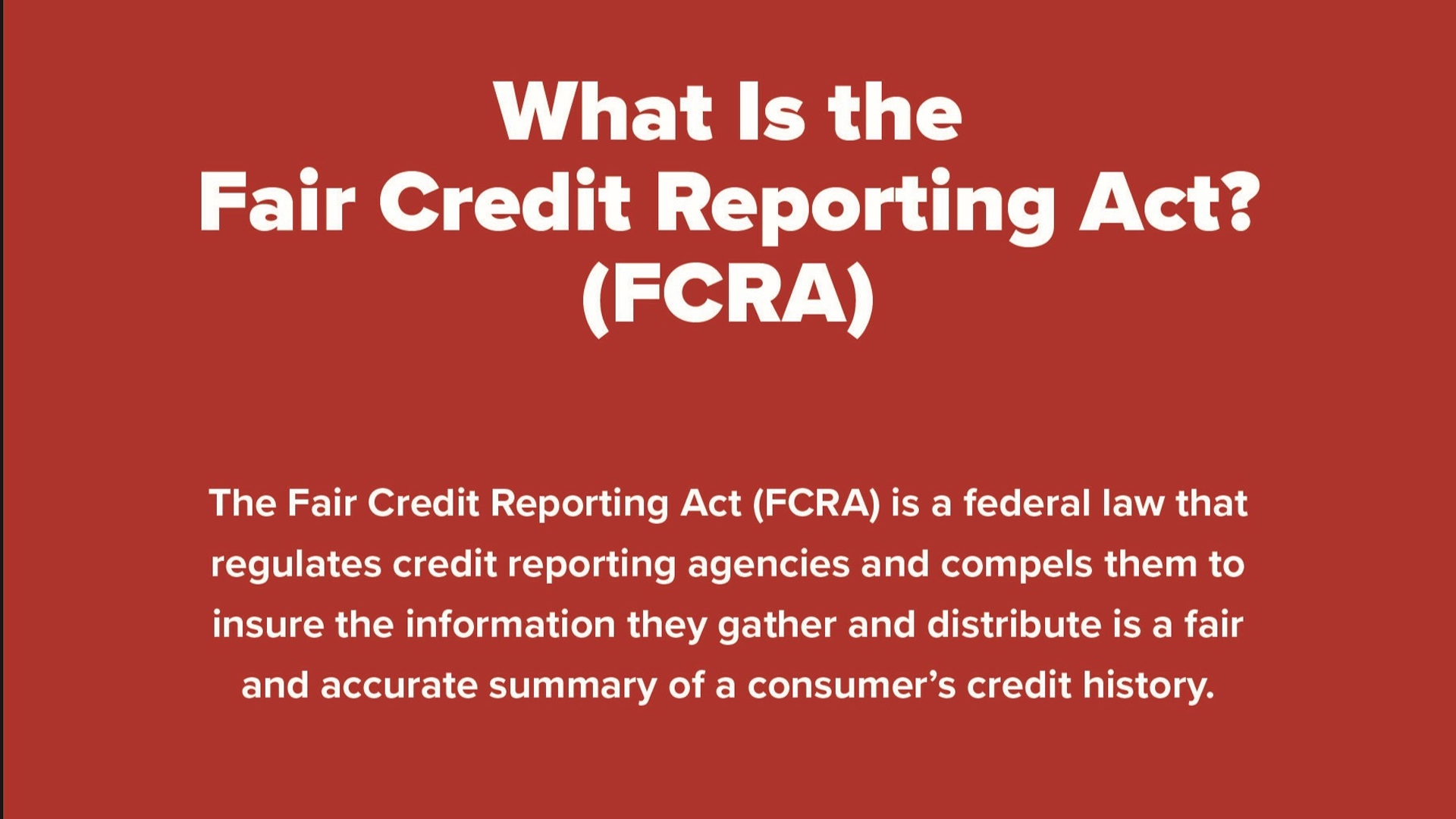An eye-opening report from The New York Times sheds light on a concerning reality: your driving data might be quietly transmitted to insurance providers, potentially shaping your premiums without your knowledge.
According to the Times, a significant volume of driver data from internet-connected vehicles is being funneled to insurance companies, catching some drivers unaware and impacting their insurance rates.
The advent of connected services in vehicles, such as GM’s OnStar Smart Driver program, has paved the way for the seamless integration of various in-car features and services. However, behind this convenience lies a trove of driver data ripe for exploitation not just by automakers but also by insurance companies.
The recent Times exposé delves into how automakers like General Motors share drivers’ behavior data with data-collection entities like LexisNexis, which subsequently sell this information to insurers.
One case highlighted in the report illustrates the shock experienced by a Chevy Bolt EV lessee when his insurance rates surged by 21 percent in 2022, only to discover later that his driving habits were being shared with his insurer without his explicit knowledge.
This scenario underscores a fundamental issue: while some drivers may knowingly opt into usage-based insurance programs, many others unwittingly agree to data sharing through their internet-connected cars.

The privacy concerns surrounding connected vehicles echo those of smartphones and other personal devices. Often, users agree to terms and conditions without fully comprehending the implications of their consent.
While individuals bear some responsibility for understanding what they’re signing up for, there’s a reasonable expectation for companies to maintain transparency regarding the sharing of personal information. Consequently, California’s privacy regulator has launched an investigation into automakers’ data collection and sharing practices.
GM’s OnStar Smart Driver program serves as a prime example, having been introduced as early as 2013. Despite initial opt-ins, many users may now be unaware of their enrollment status.
This lack of awareness extends beyond GM to other automakers, with LexisNexis reporting data hosting for over 10 million vehicles in 2022 alone, signaling widespread industry involvement in data exchange for insurance purposes.
For drivers concerned about their data privacy, reviewing the privacy terms of connected car services and requesting a consumer disclosure report from LexisNexis can provide insight into whether their driving habits are being tracked and shared, a crucial step in safeguarding their privacy and understanding their rights under the Fair Credit Reporting Act.

